It’s no secret that burnout is a rising issue in the dental field. Many professionals ask, “Can dentists suffer from burnout?” The response is an emphatic yes. Office workers, hygienists, and dentists are increasingly experiencing professional tiredness. But why is the dentist burnout rate so high? Why are these experts feeling so overburdened that burnout occurs at an alarming rate? Let’s investigate five reasons why burnout among dentists is real and what can be done about it.
Workplace Stress: The Doorway to Dental Burnout
If you work in dentistry, it makes sense to be anxious at the job. The dental hygiene burnout phenomenon directly correlates with this daily pressure. You should understand that this stress might badly compromise your mental health and general state of affairs.
Luckily, there are various ways you might control professional stress and avoid dentist burnout. Creating effective coping techniques is one smart approach. Such practices could entail scheduling many breaks during the day or engaging in mindfulness exercises such as meditation or deep breathing. Learning strategies for clearing your head during busy times will help you concentrate and lower your general stress levels.
Also important is effective communication with patients and colleagues. Establishing trust-based connections will help to greatly lower stress, burnout, anxiety, and depression among dentists.
Unclear Expectations: A Big Part of the Dental Burnout Rate
Many dentists feel pressured to perform beyond their capabilities or lack clarity on how to meet expectations. Burnout among dentists becomes practically certain when they feel overburdened, underappreciated, or without clarity from both employers and employees.
Establishing clear expectations is crucial for avoiding this. Companies should communicate clear work responsibilities, as well-defined positions enable employees to understand their role in supporting the team. If workers find things difficult, they should investigate. Open communication ensures a clear understanding of tasks and deadlines, thereby reducing the dentist burnout rate in the field.
Restricted Resources: Living With Less
Maintaining optimism under limited resources might be difficult. Many debates on dentist burnout Reddit forums center on this as a main problem. Your tasks can easily overwhelm you, particularly in a shortage of resources.
Focusing on what you have can help you think of new ideas. Seek innovative ideas in unusual places. Maybe a team member’s experiences could help address a problem you have. In stories about dental hygiene burnout, collaborating with others typically leads to better outcomes than trying to manage everything on your own.
Insufficient Support: Feeling Alone in the Fight
Dentists often find it challenging to locate the help required to stay motivated. Feeling overwhelmed or alone is typical without intervention, which greatly influences the dentist burnout rate.
Dentists should also make contact with colleagues and superiors who understand their difficulties. Having someone to discuss workplace issues with can significantly enhance one’s sense of support. Having someone you trust can offer you strength, whether it’s a supervisor, friend, mentor, or colleague; it helps you overcome challenges that lead to burnout among dentists.
Long Hours: When Time Is Not Enough for Recovery
Stress, burnout, anxiety, and depression among dentists are typically connected to working long hours. Make sure you’re taking breaks often to avoid burnout brought on by extended hours. Short pauses provide you with time for self-care and help rejuvenate you.
It might help to schedule particular periods every day when you could leave your office. This can mean stretching, walking, or just sitting quietly. These quiet times provide the necessary break from work responsibilities and allow you to approach projects with renewed enthusiasm, which helps prevent the dental hygiene burnout that many professionals experience.
In Conclusion
Dentist burnout is a major problem compromising mental as well as physical health. Reading discussions on burnout among dentists exposes that a significant number of professionals struggle with these issues. Clearer expectations, extra resources, greater support systems, flexible hours, and appropriate breaks can help lower burnout.
By taking these steps, companies and staff may establish a better working environment for every member of the dentistry practice. The high dentist burnout rate does not have to be considered unavoidable; proactive measures can truly make a difference.
Bola focuses on utilizing artificial intelligence to mitigate dental burnout. For your practice, we simplify daily tasks so that hygienists and dentists find work more manageable. Click here to find out more about how Bola AI software might lower the dentist burnout risk in your dental office.



